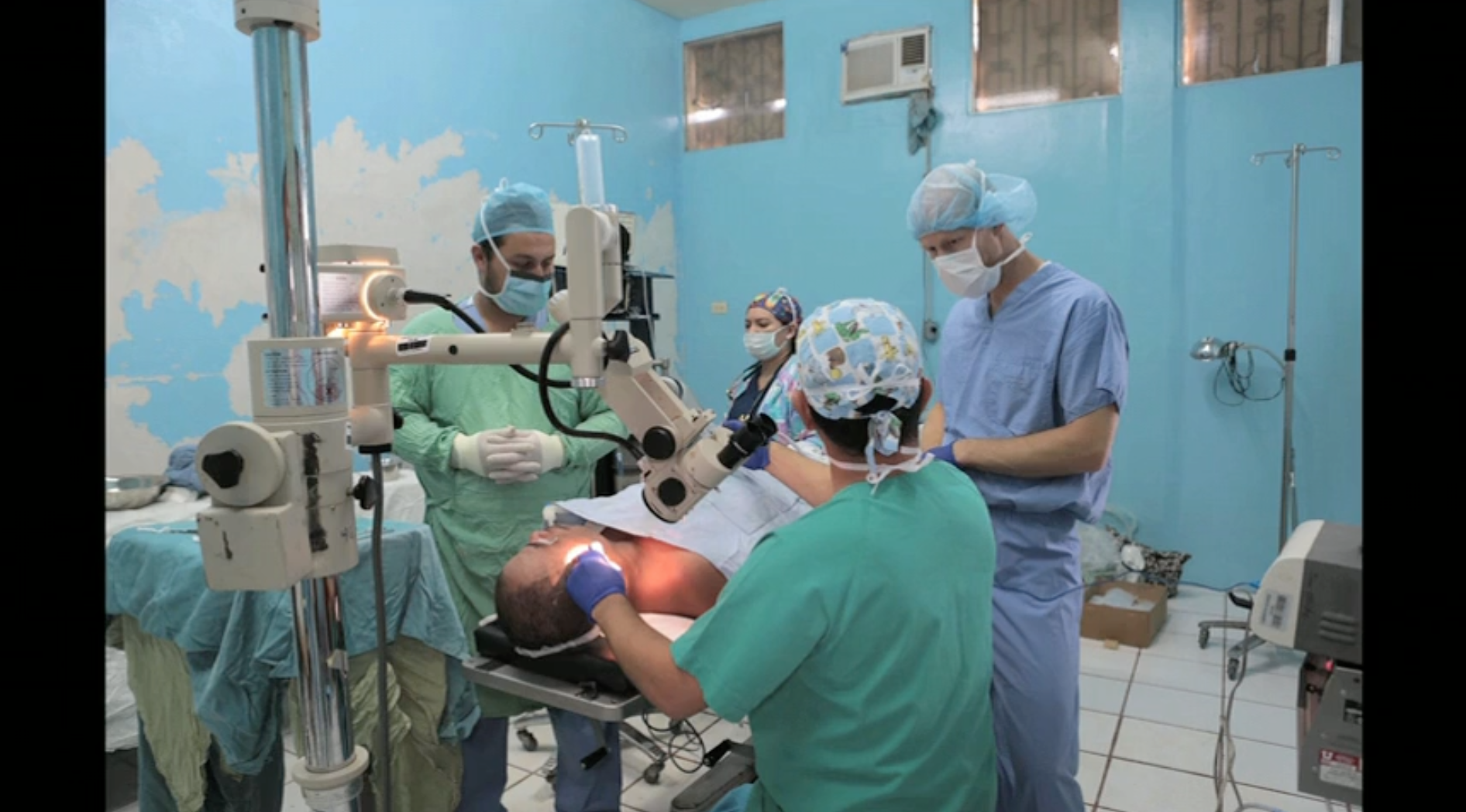This is sort of an overwhelming topic for a blog post. There are usually just a few readings for each topic that I can easily go back to and pull out key points from, but this is certainly something that we have discussed extensively throughout the term, so it is much harder to just settle on a few key points. Instead of basing this post on just a few specific pieces of information from all of the material I have learned about health in Nicaragua throughout the term, I will use this post to reflect upon some of the things that I have learned about how to approach medical service trips, especially because I will be in Nicaragua working on the community health team in a matter of weeks now! So, without further ado, here are some of the things I have learned this term that relate directly to what we will be doing in the “pop-up” clinic:
- Avoid the 7 sins of humanitarian medicine. Many of these guidelines go hand-in-hand with the general principles that have been underlying all of our discussions in the class about reciprocity and responsibility in international service situations.
- Feeling competent is key. When we did the medical training at Dick’s House this week, I was a bit nervous. I didn’t have any previous practical medical experience. Even though as undergraduates, we are only going to be performing basic, non-invasive medical tasks, it was so good to get enough practice in what we will be doing. I know that I will be nervous enough being in a brand-new environment and culture, so knowing the ins-and-outs of the actual procedures we will be performing before we go is definitely a plus.
- There is more to medicine than just being smart and knowing what to do. Yes, obviously, doctors go to school for so many years for a reason. I am hoping to put myself through medical school in order to become a doctor someday, but just learning science and symptoms isn’t the whole story. Thinking about the nuances of the relationships and interactions that we will have with our Nicaraguan patients was definitely something I could have probably overlooked when thinking so critically about the grand scheme of development of health care and health practice in Nicaragua. In reality, we can make a huge difference in many peoples’ lives, by treating them not only medically, with science and chemistry and drugs, but also treating them with respect and a comforting attitude.
So here’s how I’m feeling about this whole thing: I am excited to feel uncomfortable. I am excited to zoom in on a specific piece of the larger picture that we have been studying so critically and intellectually. I believe that as long as I go into this situation feeling ready to avoid the 7 sins, feeling competent about the medical procedures that I am asked to perform, and ready to be an understanding and respectful human being (with somewhat rusty Spanish), the health clinic will be successful. I have finally come to terms with the fact that there is simply no way that we will be solving grand, systemic health issues on our two week trip. That’s not what it’s all about, though. Its not about going in and overthrowing the government and making radical changes. Its about humble, small-scale work that makes a difference in individual lives. I was totally inspired by Dr. Saunders’ work with the Mayflower Medical Outreach organization when he came to speak with us. When he first started talking about working with deaf children, it seemed like a somewhat “random” field at first. As I kept listening to him speak, I realized that to think that one group of excited people could ever solve all of the heal problems in an entire country was foolish, since not everyone in the group would be competent or qualified in all areas. This kind of work is all about everybody doing their part, and knocking out issues one-by-one based on individual talents and skills. It is about people specializing in one field and going great work in that one field. All we need is enough people with the desire to help and become experts in these relevant fields, and I hope that I can contribute to that force when I am a doctor someday. After his talk, I certainly became much more confident in our ability to make change, and much more secure in our small-scale role. I actually even sent him an email after the talk and asked about how I can learn more about the project, since the idea of being able to take advantage of my access to a wonderful education here in the U.S. and then take that expertise to places where it is harder to access education and medical resources really excites me about my future and the potential I have to do good. For now, though, I’ll just have to settle for getting a bit of experience watching and helping doctors and medical students do this work. I can’t wait!


